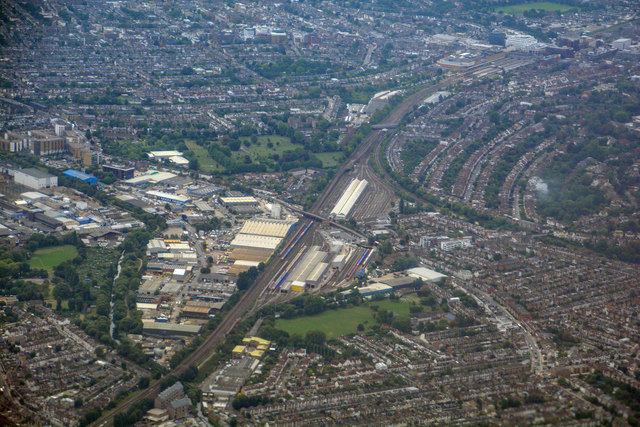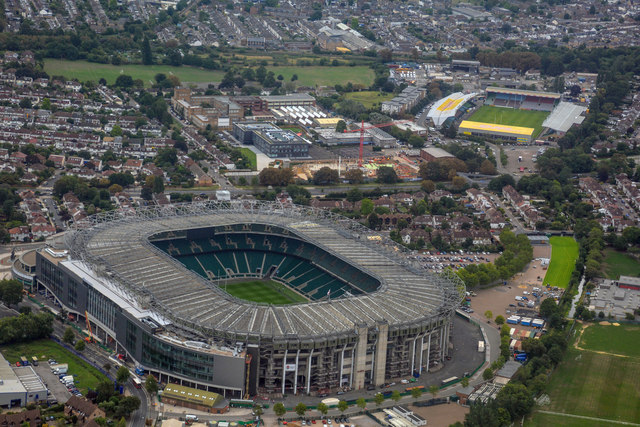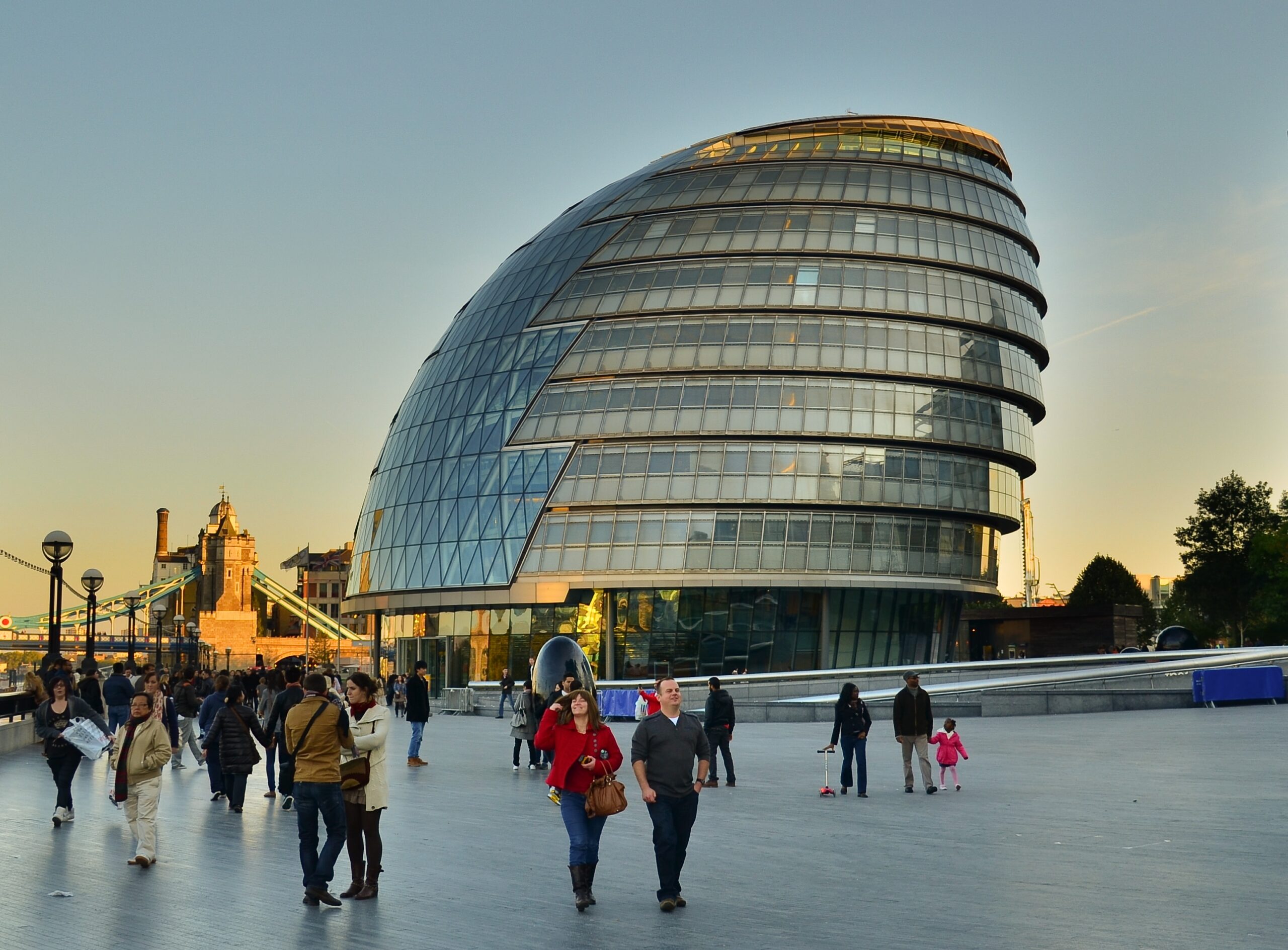2 May 2021 | ANALYSIS
This Thursday, Londoners will elect the Mayor of London for the sixth time since 2000.
This election, however, will be unlike any other.
A record 20 candidates are running for the Mayoralty. This includes some challengers to the Conservatives’ centre-right voter base.
Laurence Fox, who rose to acting fame following his supporting appearance in ITV’s Lewis, is standing as the Reclaim Party candidate on an anti-lockdown and anti-woke ticket.
The entrepreneur Farah London, Peter Gammons from UKIP, David Kurten from the Heritage Party, Steve Kelleher from the economically left-leaning, socially conservative Social Democratic Party, and podcaster Brian Rose are also positioned to court disenchanted right-wing voters.
The coronavirus has made the election even more complicated. Government guidelines prevented outdoor campaigning until 8 March, and now The Evening Standard reports that the results may not be announced until Sunday 9 May.
Despite the difficulties, the Mayoralty result seems to be a foregone conclusion. Opinion polling data suggests that the incumbent Mayor, Sadiq Khan, will romp to victory.
The former Labour MP for Tooting has recorded double-digit leads in every first-round opinion poll conducted since 2018, and on the second ballot, Khan is anticipated to receive more than 60 percent of the vote.
Khan’s lead was, however, reduced to just 13 per cent in the recent Savanta ComRes, poll following a surge in support for YouTuber Niko Omilana.
However, the race in London involves much more than the Mayoralty. There are 25 seats up for grabs in City Hall.
In 2016, London elected 12 Labour Assembly Members, one short of an overall majority.
The Conservatives won 9 seats, the Greens and UKIP won 2, and the Liberal Democrats were reduced to just 1 Assembly Member.
But a lot has happened since May 2016. In the next five years, the United Kingdom voted for Brexit, there was another EU election and there were two General Elections.
Since Khan defeated Zac Goldsmith in 2016, the Tories have suffered 6 net losses in London in the two Westminster elections.
So, with less than a week to go until Londoners decide, here are the seats to watch in the race for City Hall:
Croydon and Sutton:

The Tories have won the south London constituency in every Assembly Election since 2000. The current Conservative AM, Steve O’Connell, has sat in City Hall since 2008, but has decided not to stand for re-election.
In 2016, the people of Croydon and Sutton elected O’Connell with 38.6 percent of the vote. The Labour Party trailed behind with 32.2 percent.
The constituency also had a sizeable amount of third-party support, with more than two in five voters backing the Liberal Democrats or UKIP.
The Assembly seat covers five Commons constituencies: Carshalton and Wallington, Croydon Central, Croydon North, Croydon South and Sutton Cheam.
Croydon Central and Croydon North are held by Labour MPs.
The Tories, on the other hand, won Carshalton and Wallington, Croydon South and Sutton Cheam.
Merton and Wandsworth:

Labour gained Merton and Wandsworth for the first time from the Conservatives in 2016, winning 41.7 percent to 39.4 percent.
Since then, Labour has continued to make inroads into Tory-backing areas, with Marsha de Cordova winning the seat of Battersea in 2017 and increasing her majority two years later.
In 2019, the Conservatives also lost the constituency of Putney, previously held by Justine Greening.
Even in the one seat held by the Tories, Remain-backing Wimbledon, the party faced an onslaught by the unrepentant Europhiles campaigning for the Liberal Democrats.
The Westminster swing from the Tories to Labour in the south-west London constituency may make it even more challenging for the Conservatives to gain the constituency on 6 May.
Havering and Redbridge:

The east London constituency contains a mix of ultra-Conservative areas, including Romford, in Havering, and firm Labour seats, like Leyton and Wanstead, in Redbridge.
The Tories have held the seat at City Hall in every race since 2000. However, their majority fell from 25.6 percent in 2008 to just 0.8 percent six years later.
In 2016, UKIP also performed well in the Brexit-backing boroughs, winning more than 15 percent of the vote.
The Reform Party, formerly called the Brexit Party, are standing party leader Richard Tice, in a move that could prove costly for the Conservative Party.
In recent election contests, however, the Tories have reduced Labour’s lead in Dagenham and Rainham to 293 votes.
The Conservatives also managed to hold onto Chingford and Wood Green, where Iain Duncan Smith narrowly defeated his Labour challenger.
On the margins:

If the Conservatives struggle next Thursday, then people may want to keep an eye on the South West and West Central constituencies.
In 2016, the Tories won the seats with majorities of around 10 percent.
In 2019, they also gained the knife-edge constituency of Kensington from the Labour Party.
However, the Conservatives have also suffered electoral defeats in the South West. Between 2017 and 2019, the party lost Richmond Park, Twickenham and Kingston and Surbiton to the Liberal Democrats.
London-wide:

The Conservatives tend to perform relatively well in the eleven city-wide seats, winning three seats in 2016.
This time around, Shaun Bailey tops the Tory ticket, with Andrew Boff and Susan Hall second and third.
However, Reform’s Richard Tice and Dr David Bull are also vying for election on the regional ballot.
The duo will be hoping to mirror UKIP’s success in 2016, when Nigel Farage’s first party managed to elect two members to City Hall.



























[…] in Wales and London, voters in Scotland will go to the polls on Thursday to elect members to their devolved […]